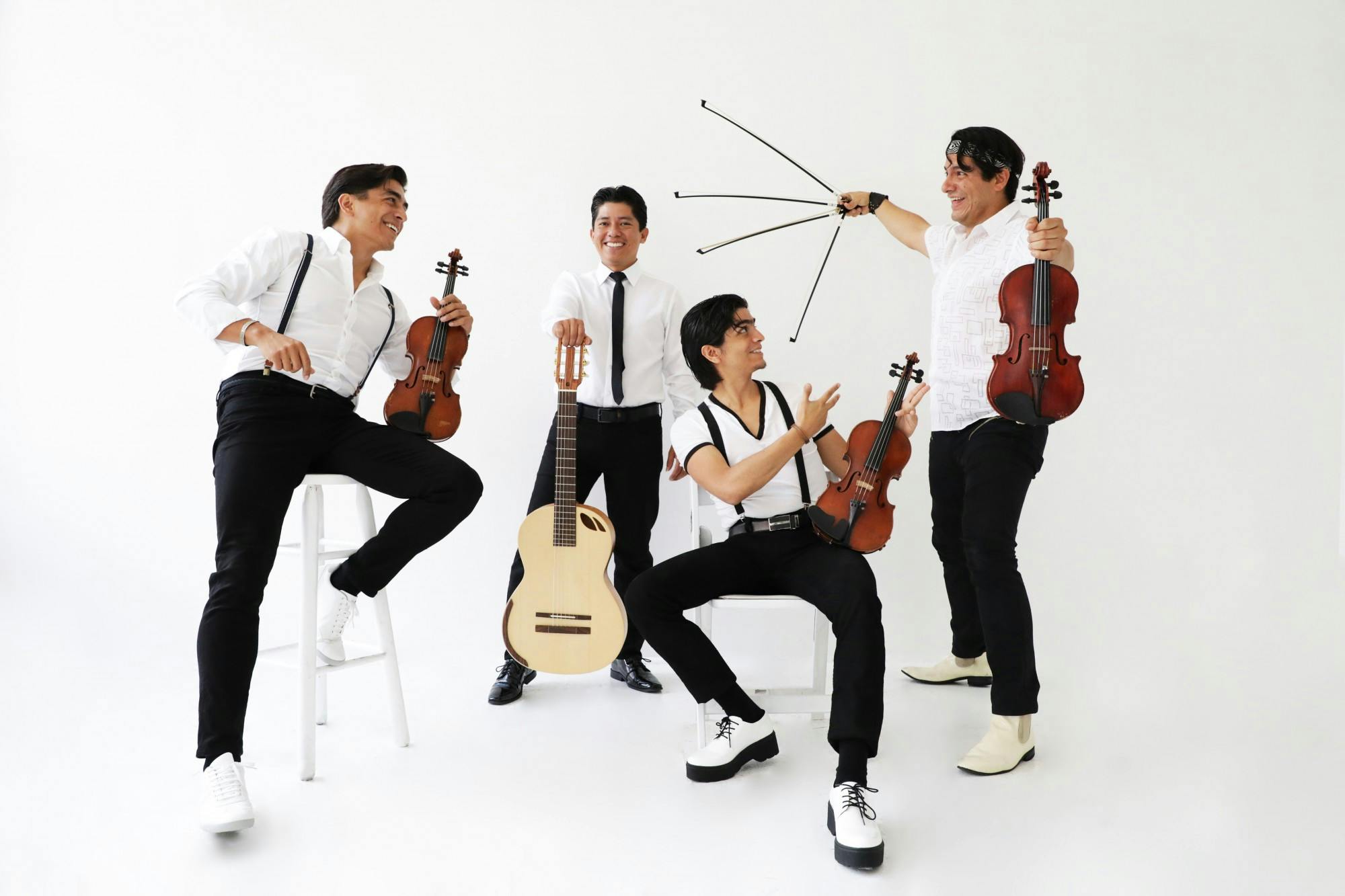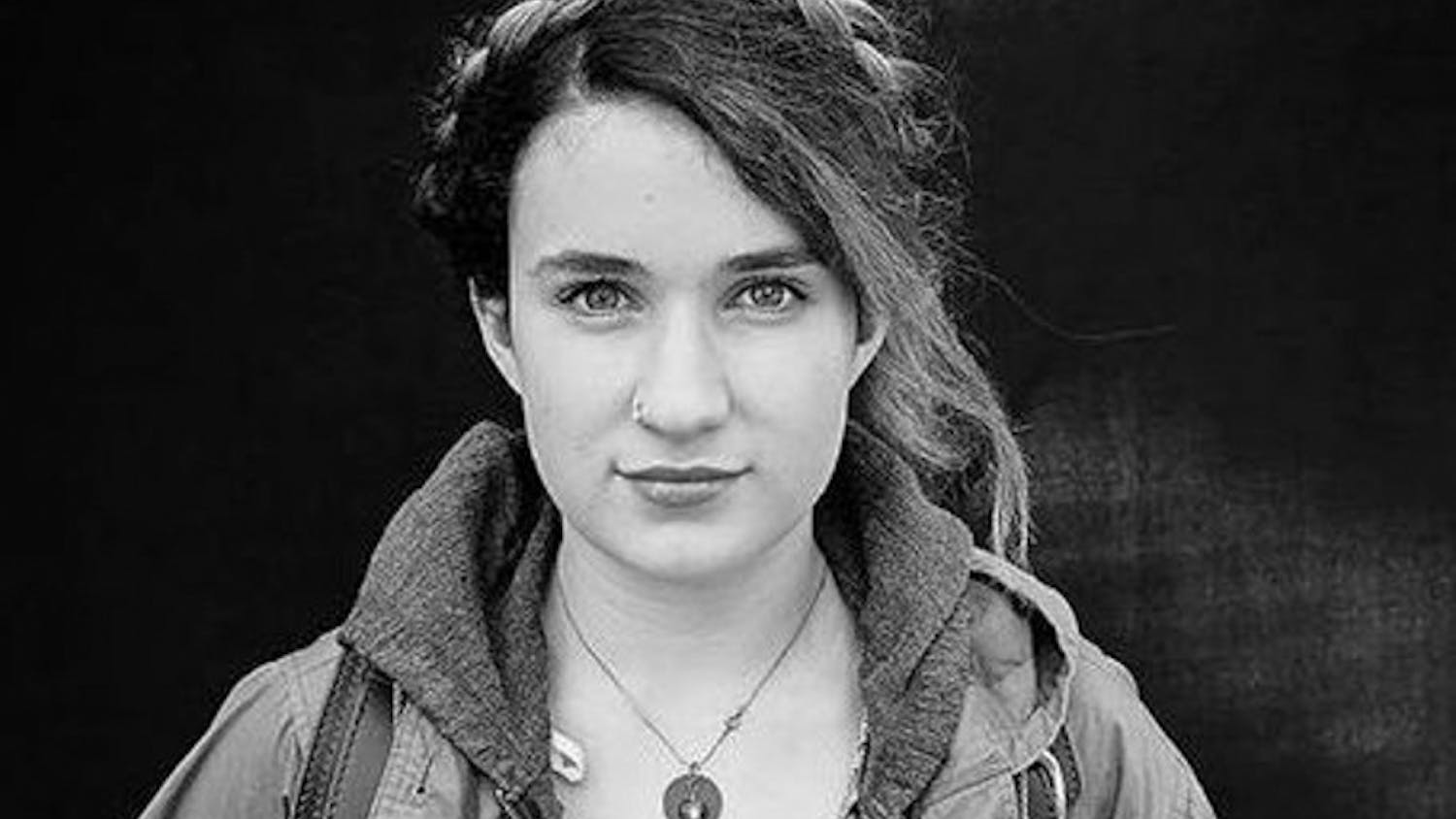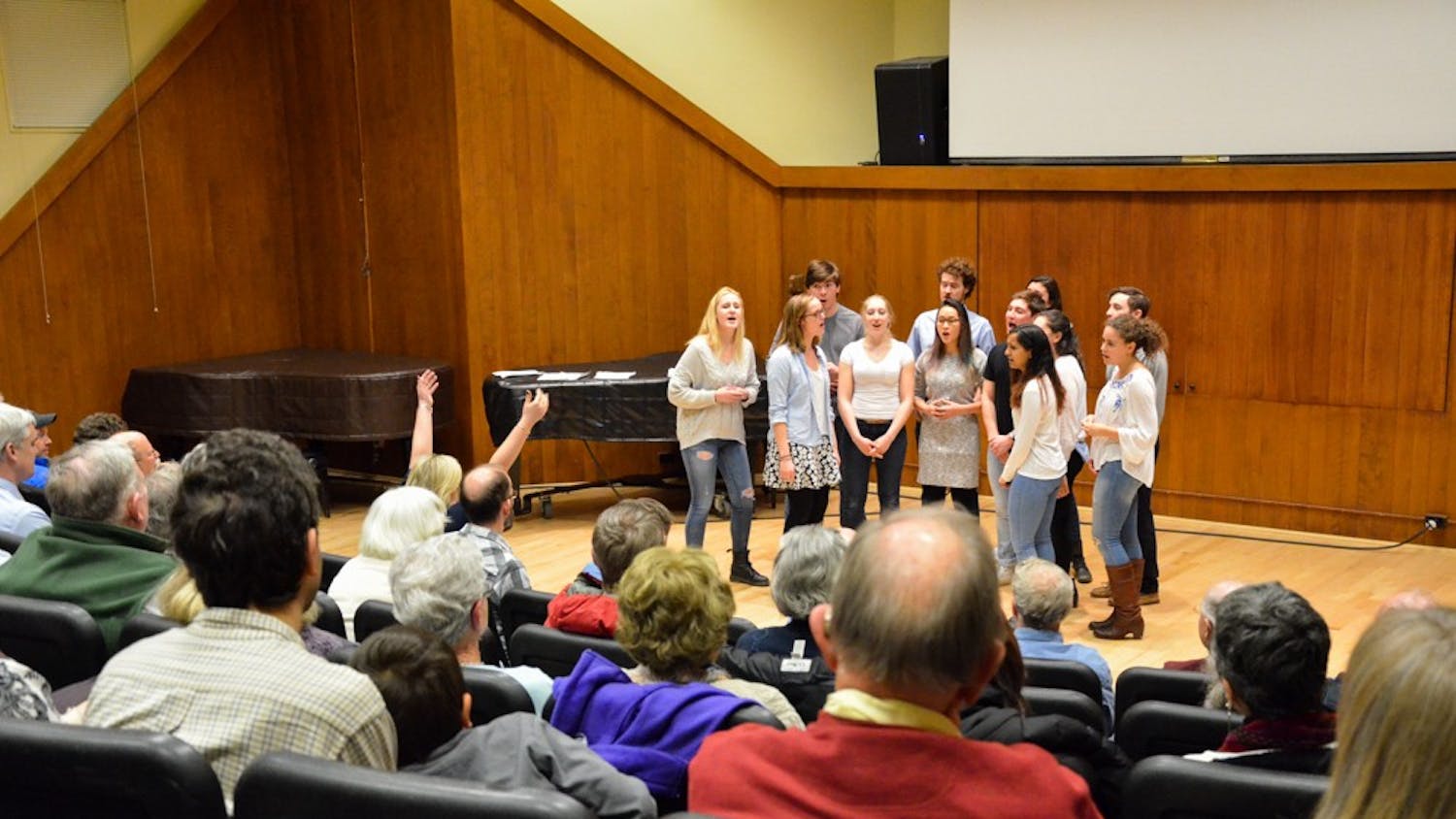Alberto and Ernesto Villalobos performed a live concert from their New York City living room for the Hopkins Center for the Arts’ online program Hop@Home on Wednesday, July 22. They were joined on the virtual stage by bassist Victor Murillo, as the Villalobos Brothers’ third member, Luis, is currently in Spain.
The Villalobos Brothers are a trio of violinists, singer-songwriters and composers from Mexico. They perform contemporary Mexican ensembles while spreading messages of positivity and family. They say they are equally committed to sharing justice and equality through interacting with local communities and writing songs about struggles they see, often drawing on national issues in Mexico and America or their own issues as immigrants in the U.S. Through their music, the brothers use their arrangements as activism to bring awareness to social issues.
This week, The Dartmouth sat down with Alberto “Beto” Villalobos, prior to the Wednesday Hop@Home concert, to discuss his performance and how he and his brothers use music to advocate for marginalized groups.
How did you first get into music?
AV: We got started really early on, maybe about six or five. We were homeschooled, so growing up we had a lot of time to play music. We started at home, and eventually we went to school at the University of Veracruz. Then we went to different schools with different scholarships. I went to Europe to study at the Royal Conservatory of Brussels, and eventually we all met up in New York City in around 2005.
What do you like best about performing with your brothers?
AV: We’re composing, we’re singing, we’re branching out. Also, we are touching base on our Mexican upbringing, our Mexican roots. Working with family members is the way we were brought up — we play together, we’re best friends, so it came very naturally.
What are you looking forward to at the Hop@Home performance?
AV: It’s the three of us — Ernesto, Victor and myself — and we’ll have to do a full show, so it’s going to be challenging. Things we usually perform with Luis we cannot do, songs where he is the lead or plays the lead violin, so that’s out of the question. But I’m sure it’s going to be fun because these guys are amazing. I’m excited to share this very intimate, reduced version of the group because it can show what we can do as a trio, and it’s a way to keep on challenging us to stay creative.
How does your group approach social activism?
AV: We decided a while ago that we are not going to just play music that is shallow and that talks about beautiful things, but we also want to talk about pieces that are important to us. Wherever we go, we try to connect with the local communities and see what they are experiencing. When we went to Vermont, we heard about this community of dairy workers — called Milk with Dignity — and they’re trying to get fair wages for their workers.
We have songs against police brutality, songs about the missing students from Ayotzinapa in Mexico. The tragedy of that story happened five years ago when 43 students went missing, so these are all subjects that are not easy to talk about. We have had people walk out of concerts, but it’s part of our duty as artists to entertain but also to share our voice. A lot of people don’t get visibility and never get their voices heard.
What do you hope your listeners can take away from your music?
AV: We have a very aware and conscious group of people who follow our channel. I believe we have a duty as artists to do our part. A lot of artists are open about speaking their truth about justice and equality. And in our case — as immigrants coming from Mexico and having an uphill battle from laws to blocks in the road to finally be able to work and legally participate — we faced a lot of the struggles of immigrants in this country. A lot of our songs are inspired by our own experiences — we realized the importance of bringing a message within our craft, and music is very powerful in that way.
We all speak music; whether you went to a school for it or not, you can listen to a song and understand the feelings that it gives you in your heart — sometimes that’s empowering, inspiring. We are lucky enough to make that our job, to use that power to bring about change. Hopefully positive change, making people more aware, if anything.
What is the biggest challenge of performing virtually?
AV: I think the main challenge is the disconnect. As a performer, you see a lot from reactions, their energy. This is new for us, it’s different. I think we’re going to have to dig deep to have that feeling of a live performance, which is exciting — it’s what music is about, bringing people together. And this is another great way to do that, it’s just different.
What does the future hold for the Villalobos Brothers?
AV: I’m looking forward to going back and performing live — it’s the beauty of what we do, to share the life and energy of the show. We’ve been doing recordings and Zoom and all of that, but hopefully in the future we can get together and play again, that’s our wish.
This interview has been edited and condensed for clarity and length.




